

If I think about the big picture of sustainability too hard, I get a really heavy feeling in my chest. It can feel like a helpless act—trying to “be green”. Changing our personal habits can sometimes feel like a minuscule step toward making actual change, especially when entities like big oil corporations and large-scale farming systems aren’t making an effort to do the same. In trying to relieve that feeling of helplessness, I found that I had to stop thinking of sustainability as an all or nothing game. In reality, it’s a grassroots process that has to (and can) meet us all where we’re at. It takes time, and it also takes learning, adapting, and rethinking a lot of everyday conveniences that we are accustomed to.
For me, the process of moving toward a more sustainable lifestyle started in the kitchen. Reevaluating the way I cook and eat was a means for me to not only reduce the amount of green guilt I was feeling, but also commit to and connect with cooking in a new way. In the spirit of adaptation, I’ve recently begun to transition the way I use my kitchen. Today I’m sharing the 3 steps I’ve taken to make cooking and eating a more sustainable venture, along with the list of products that have helped me do it.
Step 1: Use Differently
Beginning to foster a more sustainable kitchen is all about assessing your daily cooking and eating practices and finding room for improvements. In most cases, this means replacing a lot of the single-use plastic products that most kitchens rely on for the sake of convenience. It is identifying these products and then investing in long-term, reusable alternatives to replace them.
Paper towels are a great example of how society has so mindlessly integrated disposable items into our lives for convenience purposes. One rip here and there is, to most of us, second nature. Investing in multiple sets of kitchen towels and then setting a system for which ones are used where is a great way to start reducing your kitchen waste.
We all know this one. But we still buy plastic water bottles. Let’s not. Committing to something as simple as this will allow you to say that you’ve had at least some impact on cleaning up our shorelines and gutters. It also means you will stop consuming so much polyethylene terephtha….yeah, I can’t pronounce it, either. This Que Collapsible Water Bottle is perfect because it crunches up and is super easy to stick in a bag and use anywhere. (No more cups for water at Chipotle! Or buying a plastic bottle of water at the gym! Yes!!)
The same goes for napkins as it does for paper towels! Linen napkins are not just meant to be wrapped up all nicely in a napkin ring at Thanksgiving. Use them when you’re eating in front of your fourth episode of The Office of the night, too!
Some cheese, half of a lemon, a leftover sandwich. Most of us stick these into a plastic bag or wrap them in plastic wrap before storing them in the fridge. Instead of using single-use plastics for keeping leftovers, try these Beeswax Coated Linen Wraps! They form to anything by the warmth of your hands and are easy to clean with cold water and dish soap.
Our planet uses 500 million straws every single day. That’s enough to circle the entire globe 2.5 times. Even worse is that each one of those will stick around—on land, in water, inside of a turtle, etc.—for around 200 years. Opt to order your iced lattes and gin and tonics sans straw! Or, keep one or two bamboo straws in your bag to use instead. The best part about these? They are totally biodegradable. So if you lose it or it breaks, you can literally throw it into the woods and it will do no harm!
I’m looking at you, bakers! And frequent vegetable roasters! You wouldn’t think so, but using parchment paper can have harmful side effects, as each sheet finds its way to a landfill by the end of its lifespan. Many think, ‘It’s just paper, right?’ Not exactly. It is made from paper, yes, but it is then treated with an acid to give it high stability and heat resistance. On top of that, there’s a silicone layer that provides the ever-so-important non-stick component that makes cooking and cleaning so much easier. Instead of continuing to throw away disposable sheets of parchment paper, consider opting for a reusable Silicone Baking Mat. Your cooking will reap the same benefits and results, without contributing to growing landfills.
If you’re packing a lot of lunches and snacks on the go, these are a great alternative to single-use plastic baggies. Blue Avocado sells a wide variety of sizes so you can tailor your set based on your needs! Happy (reusable) snacking!
Step 2: Buy Differently
After reassessing the way you use food products, you can move on to looking at and learning about how you buy them. Buying differently is all about learning the tools that will help you be a more conscious shopper in the grocery store. It is also about taking the time to support the food suppliers that are contributing to a healthier and more sustainable way of merchandising food.
Bring your own bags. It’s one of the easiest things you can do! If you forget, try to carry all of your items out of the store. I promise you’ll never forget them again. I keep a few bags by my keys and a few in the trunk of my car to avoid this! We love this cute mesh one from Anthropologie, but let’s be honest, the best totes are the ones from your local coffee shop or Trader Joe’s.
Similar to a market tote, these smaller mesh produce bags are here to replace the plastic bags used to bag fruits and vegetables at the grocery store! Use them at the store when you’re buying the food and in the fridge when you’re storing it.
I love this cookbook for recipes and insight on how to cook with the seasons. Especially here in the Midwest, it is really important that we consider the different foods we eat each month. Here, in the dead of winter, the foods we eat in high summer will come from thousands of miles away, drastically affecting the environmental impact of those food items.
Bar soaps often come with little to no packaging and will have much less of an environmental impact than single-use detergent bottles. Even better is that bar soaps are often made with less toxic ingredients, as the natural form of a typical detergent is solid. Gooey soaps are modified for convenience (there’s that word again: convenience). But with a few small adjustments (re: a soap tray and a scrub brush or two), bar soaps can be just as easy! The French have sworn by Savon de Marseille for ages, for everything from skincare to washing linen and dishes.
I love this little set to go with your new bar soap. Picture these cuties next to a block of Savon de Marseille. Ah! Talk about a sink upgrade!
Finally, a really good way to reduce your own personal food packaging waste is to shop at co-ops and other grocery stores that sell dry goods in bulk. Start buying staples like granola, rice, oatmeal, nuts, and even pasta in bulk and storing them in a beautiful system like this! I love this OXO pack because it has everything you need to reorganize your pantry for buying this way.
Step 3: Waste Differently
The lifespan of food does not begin and end in our kitchen. This final step is all about adapting to ways of using food scraps and waste to keep more organic waste out of the landfill. It is also about feeling more connected to the food you use. By considering each and every part of what you buy, you will develop a wider and deeper connection to what many of us consider a commodity.
This is such an easy way to put the organic material that you don’t use back into the Earth. Along with food scraps, egg cartons, tea bags, and most coffee filters are also compostable. Use this cute, odor eliminating tin to collect organic material on your countertop before discarding into an organics bin outside. Locals—you can sign up to get a green organics bin from the city here. If you aren’t local and are interested in knowing if your area has an organic waste pickup system, googling “[your city] organic waste bin” usually does the trick! Organic waste bins are usually picked up on the same day as the trash.
I’ve recently started collecting some of my unused vegetable scraps (think broccoli cores and kale stems) to use in a vegetable stock later. There are tons of recipes online that break down how to do this, and it is a great way to make sure you are getting everything out of the food you purchase!
This is a great book to have if you are interested in learning how to cook with the commonly discarded or forgotten parts of food. It was written by Mads Refslund, one of the initial partners behind the renowned and inventive Danish restaurant, Noma. You’ll find recipes on how to cook with things like carrot tops, salmon skin, and overripe fruits. (And bonus! The book is beautiful.)
I’d love to know, where are you in your sustainability journey? I for one am tired of feeling guilty about where how much I’m doing to uphold a more sustainable lifestyle, no matter how hard I’m trying. Let’s talk about it in the comments!


Raquel is a forward thinking graphic designer and creative. When she is not working, you’ll probably find her on google flights in search of the next adventure, experimenting in the kitchen, or gushing at all the dogs at a local brewery trying their newest citrus IPA. You can find her on Instagram, at @raquelbenedict.ai.
BY Raquel Benedict - April 22, 2019
Most-read posts:
Did you know W&D now has a resource library of Printable Art, Templates, Freebies, and more?
take me there
Get Our Best W&D Resources
for designing a life well-lived




Thank you for being here. For being open to enjoying life’s simple pleasures and looking inward to understand yourself, your neighbors, and your fellow humans! I’m looking forward to chatting with you.
Hi, I'm Kate. Welcome to my happy place.











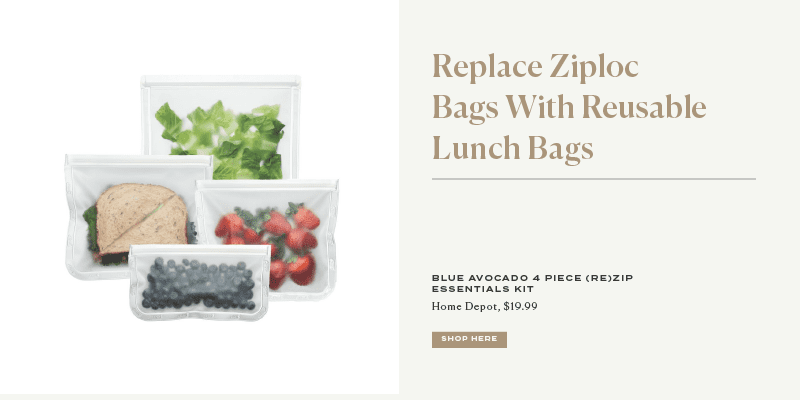



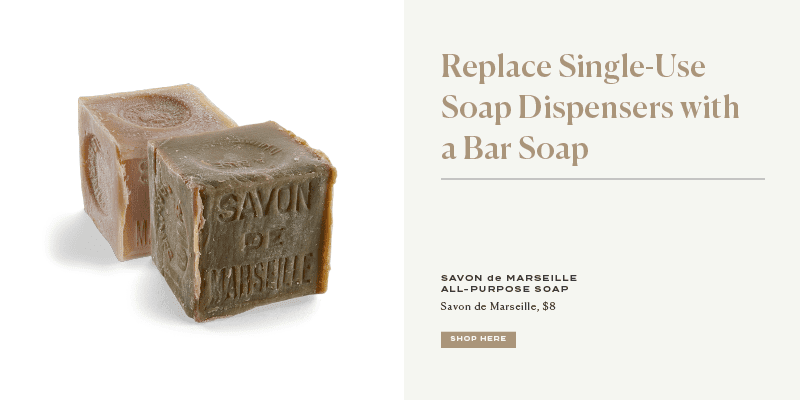







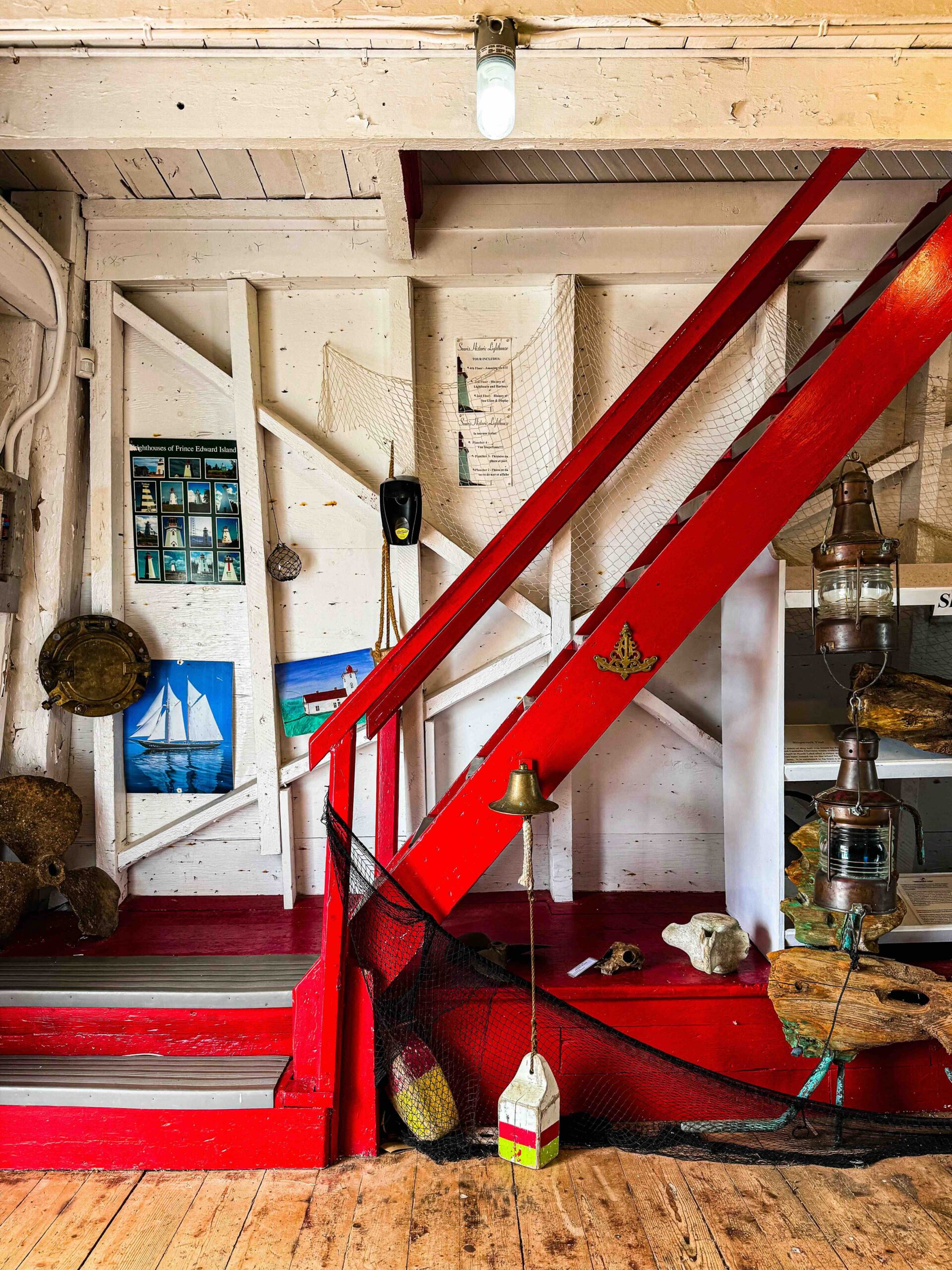
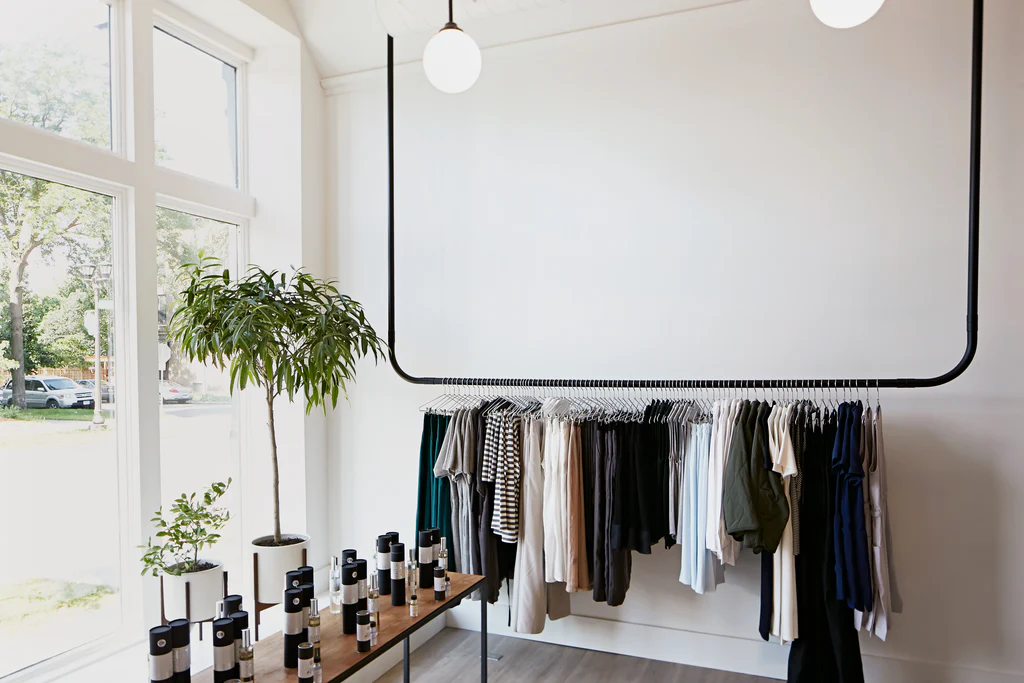
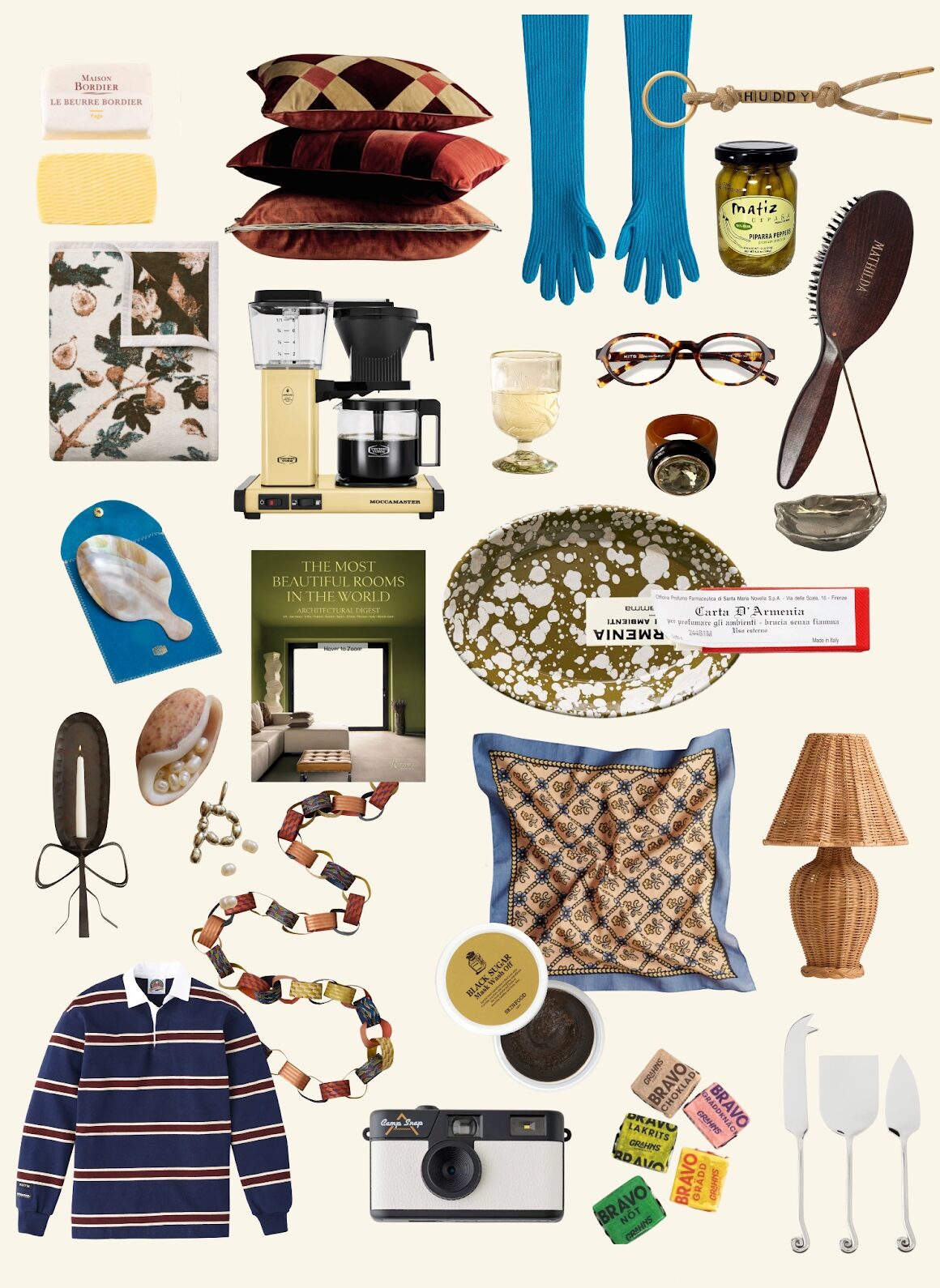


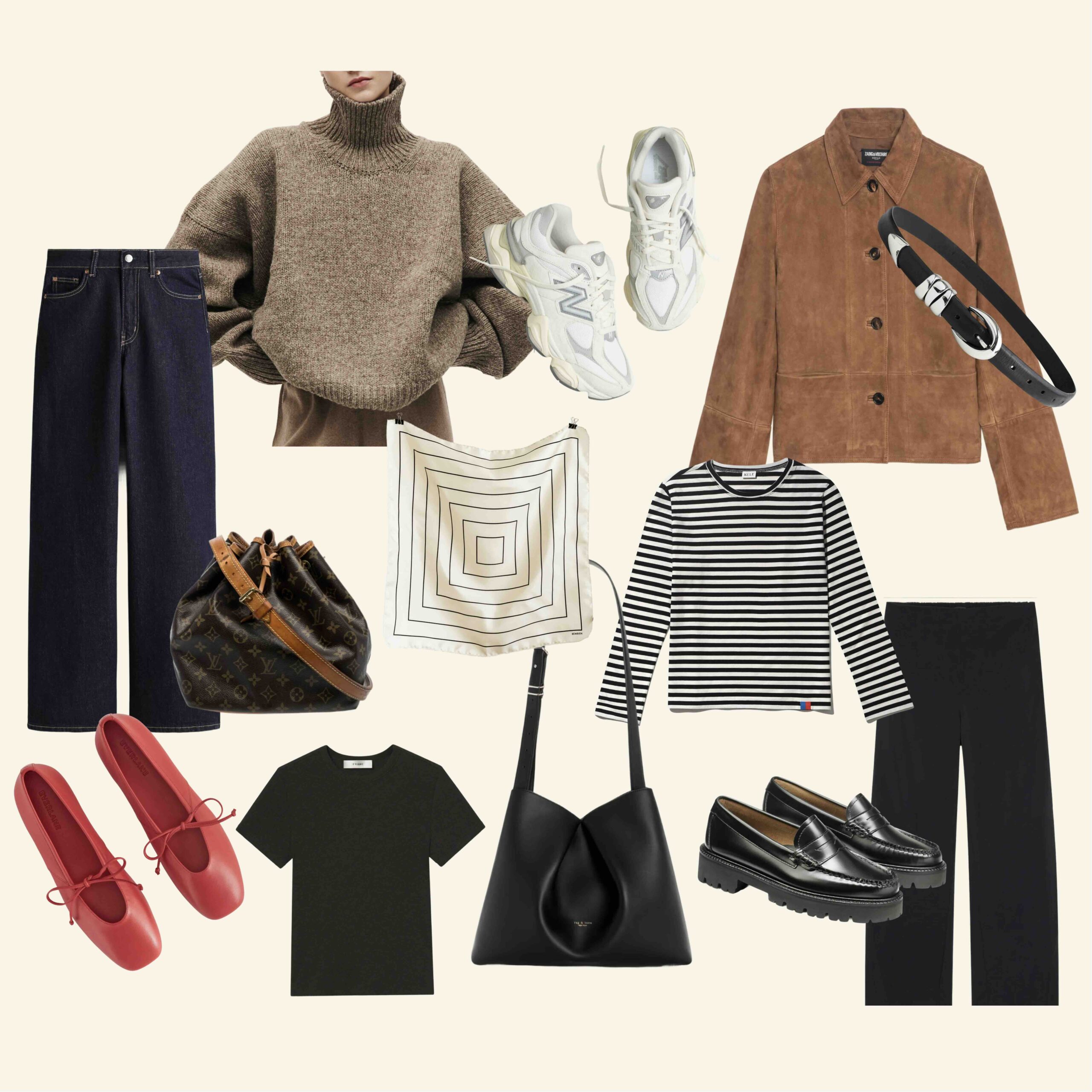
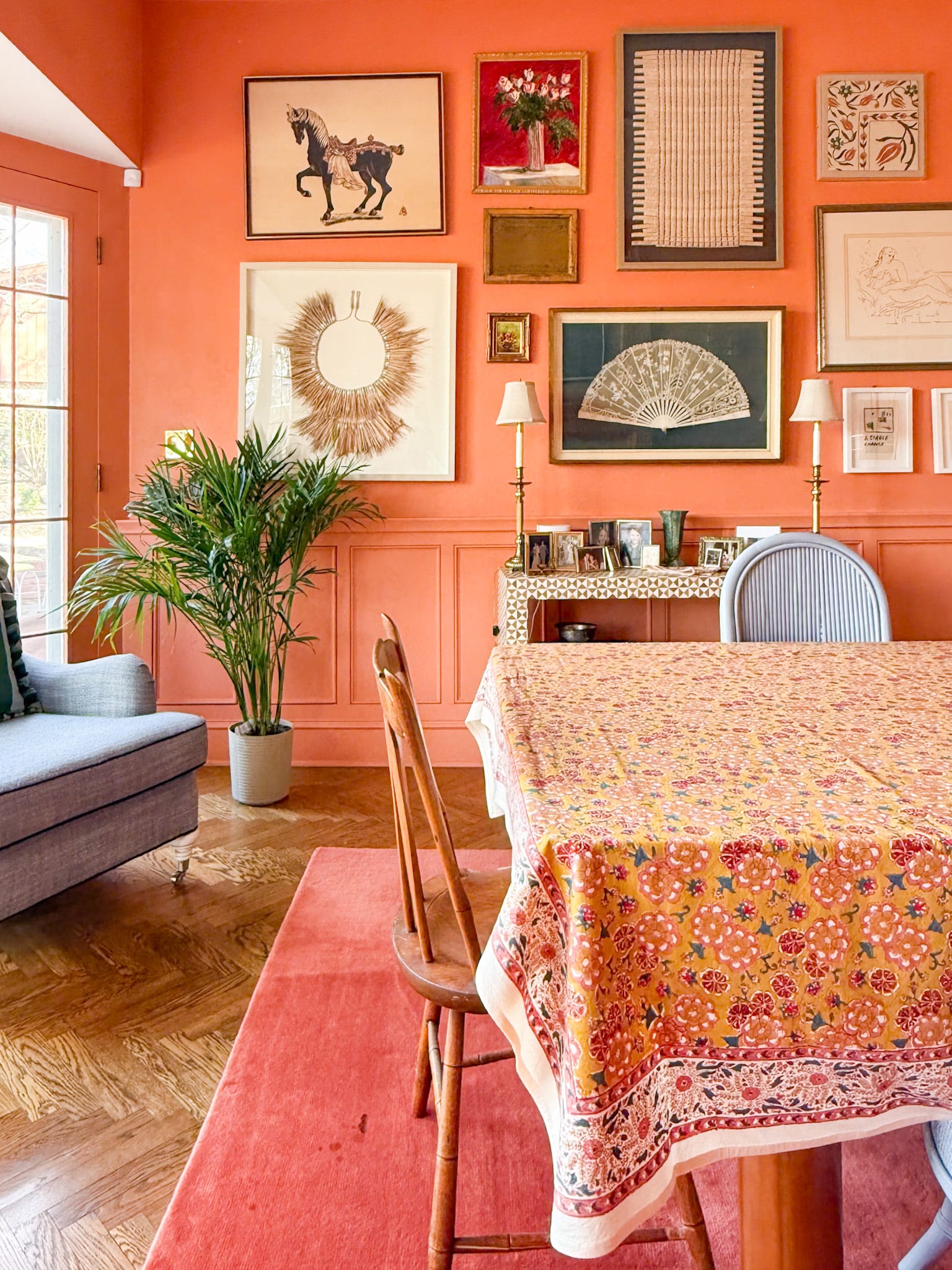




now a days health is the main issue for every one , all should lead their life with a refined oils and some essentials foods items like vegetables to save their life span. Thank you for sharing such a nice article.
Regards,
https://ghdsports.fun/
now a days health is the main issue for every one , all one should lead their life with a refined oils and some essentials foods items like vegetables to save their life span. Thank you for sharing such a nice article.
Regards,
https://ghdsports.fun/
This is BRILLIANT! These are such easy steps to take but which will have a huge impact in the long term. Thank you for sharing all these ideas! x
Teresa Maria | Outlandish Blog 🎀
This post is structured so beautifully! I am pretty good when it comes to my buying and using habits, but I could definitely waste better. These tips are great!
xxx
Isabel
https://www.shessobright.com/
this is such a great, comprehensive list for how people can live more sustainably! thank you for sharing!
This seems to be the best way . It would really helps to maintain the habit. Thanks for sharing.
[…] Two great articles on being environmentally friendly: here, and here. […]
QuickBooks accounting software is integrated with various items like QuickBooks Enterprise(manufactured by Intuit) and tools like QuickBooks file doctor. And it also offers a number of incredible features (Business plans, cash flow projections, and advanced inventory ) that make it unique from other Quickbooks product.
superb article for the best motivation for this generation, you can watch this Cooking and Eat Thank You For Sharing Wonderful Information!